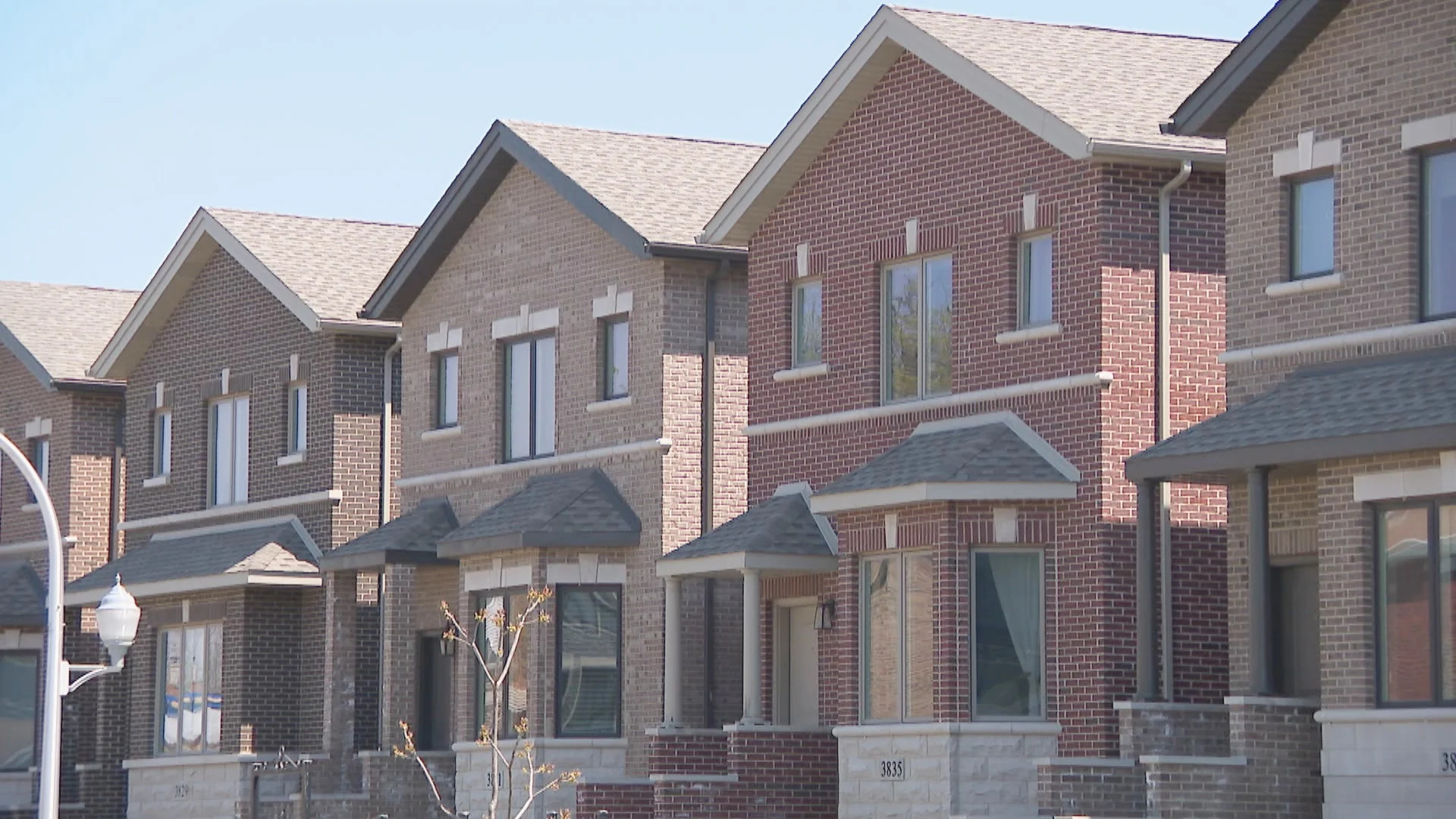States
Study Ranks Illinois As The Worst State For Racial Financial Equality

A new Racial Financial Equality research showed that racism persists in the US and affects Black people. Illinois, whose Black population has declined in recent decades, has the lowest financial racial equality in the country. This troubling study highlights Black families’ severe hardships, leading to their choice to leave the state.
Racism and its effects are not restricted to Illinois, says Shriver Center on Poverty Law President and CEO Audra Wilson. The racial wealth gap is the outcome of decades of economic disinvestment, discrimination, and policies that continued after enslavement. Systemic racism limits housing, education, healthcare, and employment. Systemic change is needed because this prejudice still harms Black people.
Damon Jones, an associate professor at the College of Chicago School of Public Policy, supports the study’s findings but advises additional Illinois-specific data to understand the wealth divide further. White families had ten times the median wealth of Black households countrywide. These deep-rooted gaps need a multifaceted strategy to solve racial financial disparity.
Racial Financial Equality: Challenges And Solutions For Black Families
Black households confront complex wealth-building hurdles that last generations. Starting with fewer resources makes wealth-building difficult, but it accumulates over time. Black families generally inherit less from their parents, get less money for schooling and homeownership, and support extended family members more, reducing their ability to save and build wealth.
Black graduates sometimes have more debt than White graduates, adding to their financial responsibilities. These issues produce headwinds that hamper wealth accumulation and inheritance. Discrimination against communities of color for millennia exacerbates these imbalances.
Addressing these gaps requires various solutions. Lincoln Chandler, Senior Advisor for the Corporate Coalition of Chicago, believes private companies must help bridge the wealth divide. As important employers and capital investors, corporations are crucial. Beyond tokenism, their fair-chance hiring may alter things.
Reparations And The Path Forward
Reparations are widely discussed in debates about addressing the racial wealth disparity, although their efficacy is debatable. Audra Wilson claims that financial compensation alone will not solve centuries-old prejudice. Progressive change requires dismantling racial inequality’ root causes.
There’s a compensation case. Damon Jones says reparations might provide victims of decades of discrimination and systematic racism closure and retribution. Many see reparations as a means to address their and their ancestors’ historical injustices. Instead of contradicting structural change, it supports initiatives to reduce racial financial disparity.
The report highlights the ongoing fight against racism and the need for remedies to Black families’ substantial socioeconomic inequities. Equity is complex, but structural reform and restitution are needed to achieve a more fair and equal future for everyone.
Read Also: Chicago Mayor Unveils Reforms To Fight Environmental Racism
The Role Of Discriminatory Hiring Practices
The Illinois research on racial financial disparities illuminates structural challenges that afflict Black households. Hiring discrimination is crucial to this problem. Employment and pay discrepancies drive the racial wealth gap.
Blacks generally struggle to find well-paying, advancement-oriented employment. Implicit prejudice during recruiting and uneven access to educational and professional networks are examples of discriminatory hiring practices. Black job seekers had fewer employment options and poorer earnings.
Racist employment practices must be addressed to solve financial disparity. Both private and governmental sectors must collaborate. Private companies must adhere to fair-chance employment processes that eliminate prejudice and provide all applicants equal opportunity, regardless of race. Such measures may level the playing field and reduce the wealth disparity.
The Educational Disparities And Their Impact
Education is crucial to getting suitable employment and building wealth. Educational gaps between Black and White pupils still hinder financial equality. Black kids have had restricted access to excellent education due to historical inequalities, including underfunding of predominately Black schools. Resources, experienced instructors, and advanced curriculum are unequally distributed, compounding these issues.
Thus, Black students have more challenges in higher education. Student loan debt may increase, making it difficult to save and invest. Educational gaps also affect college completion and employment earnings.
Educational differences must be addressed to reduce racial financial disparity. Policies should promote educational equality, investment in poor neighborhoods, and financial aid for Black college students. We can help Black people escape poverty and attain financial stability by enhancing education.
The Importance Of Community Investment
Systemic racism has harmed Black people and communities financially, but focused community investment may help. We can lessen the racial wealth gap by empowering Black areas economically. Investing in underprivileged regions might include affordable housing and business help for Black entrepreneurs.
These policies may boost economic development in these communities, creating jobs, entrepreneurship, and homeownership. Community investment may also reverse decades of disinvestment and redlining. More egalitarian economic conditions allow Black families to change their future.
Address discriminatory employment, educational inequalities, and community investment to reduce the racial financial imbalance. These initiatives and systemic racism transformation may assist Black communities in attaining economic equality.
The Wealth Gap And Health Disparities
Black health disparities are income-related. Financial inequality is severe, but it harms Black communities. Economic stress from lower salaries and fewer wealth-building opportunities may create health disparities. These may include inadequate healthcare, financial instability, food insecurity, and housing.
All this harms Black families’ health. Health disparities must be addressed to solve racial and socioeconomic inequality. Fair healthcare access, social determinants of health, and economic and physical well-being are included.
The Intersection Of Racial And Gender Inequality
Gender inequality must be considered to narrow the racial wealth gap. Financial equality is more complicated for black women. Black women are overrepresented in low-paying jobs and suffer economic disparities. Racism and gender bias in the workplace haunt them.
These obstacles hinder growth, income, and security. Black women’s problems must be addressed to solve racial and economic inequality. This involves policies and attempts to resolve workplace racial and gender disparities for career advancement and fair pay.













You must be logged in to post a comment Login